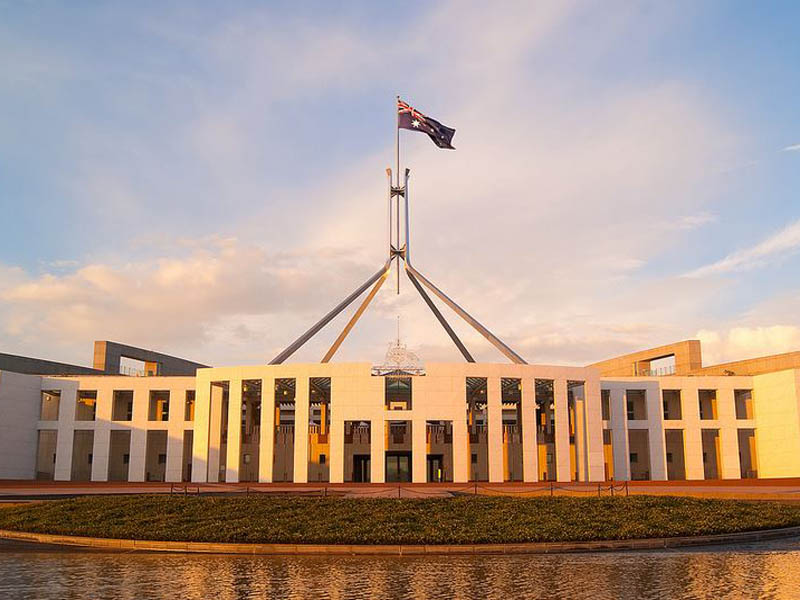Newly-minted Jobs and Innovation Minister Michaelia Cash says government will provide a formal response to Innovation and Science Australia’s 2030 strategy and its 30 recommendations for driving the nation’s tech performance by the middle of the year.
The shape of that response should become clearer in May, with all recommendations that would impact the Commonwealth’s bottom-line to be factored into Treasurer Scott Morrison’s third federal budget.
“The government is currently considering the recommendations. They are comprehensive recommendations that go across portfolios. We want to provide a detailed response, so we will respond before the second half of this year, certainly in the context of the Budget,” Senator Cash told InnovationAus.com.

Innovation and Science Australia chairman Bill Ferris said the release of the 2030 Strategy on Tuesday was only the beginning of what would be a long-term conversation between government and industry. But it is plan that requires “action without delay,” Mr Ferris said.
“This is a 10-year, possibly multi-billion dollar exercise,” he said.
The Prosperity through Innovation report details five imperatives ¬– ranging from education and training to research, development and regulation –to improve Australia’s innovation, science and research performance by 2030.
One key recommendations was the need to upskill Australians with the right skills that would be relevant to jobs to 2030.
Senator Cash said the report’s objectives aligned with government’s key focus of job creation. “If you look at the last 12 months it is the greatest jobs growth on record, in excess of 400,000 jobs created in 2017”, she said, which in comparison to the last 12 months of the former Labor government, “they created just over 80,000 jobs and [many of those] were part-time”.
“When it comes to putting in the right fundamentals and right policy to enable businesses to grow, the Turnbull government is doing that,” Senator Cash said.
Meanwhile, speaking at an engineering firm in Western Sydney on Tuesday, Prime Minister Malcolm Turnbull latched on to the key theme of skills development from the report to herald an overhaul of the teaching curriculum around science, technology, engineering and maths subjects in Australia.
He said Education Minister Simon Birmingham was already working with the states to ensure that at least one maths or science subject would become compulsory in order to matriculate – to get an ATAR score – in order to go to university.
“We want to encourage more kids – particularly more girls I might say – to do STEM subjects and we are providing a lot of incentives to do that,” Mr Turnbull said.
“It is a very, very big priority. It is an example of market failure, that at a time when STEM subjects – Science, Technology, Engineering and Maths subjects – are more in demand than ever, we’ve actually seen a decline in kids doing them,” he said.
“This is particularly so with girls. We have a lot of programs to encourage more girls doing STEM subjects.”
“That is why it was great to see Michelle Simmons as the Australian of the Year. She said she came to Australia to realise her dreams, because she thought that this was the best country to realise your dream.”
During the formal launch of 2030 strategic plan in Sydney, Senator Cash said the government’s program of work already aligned closely with ISA recommendations – including in securing long-term funding for national research infrastructure.
She pointed to the $70 million injection to replace the supercomputer at the Australian National University in Canberra, and the $6 million investment the government is putting towards R&D as part of a 10-year Great Barrier Reef restoration and adaptation program, as examples.
Do you know more? Contact James Riley via Email.

